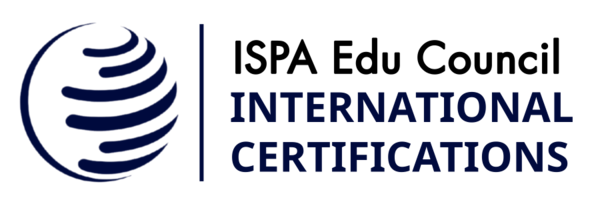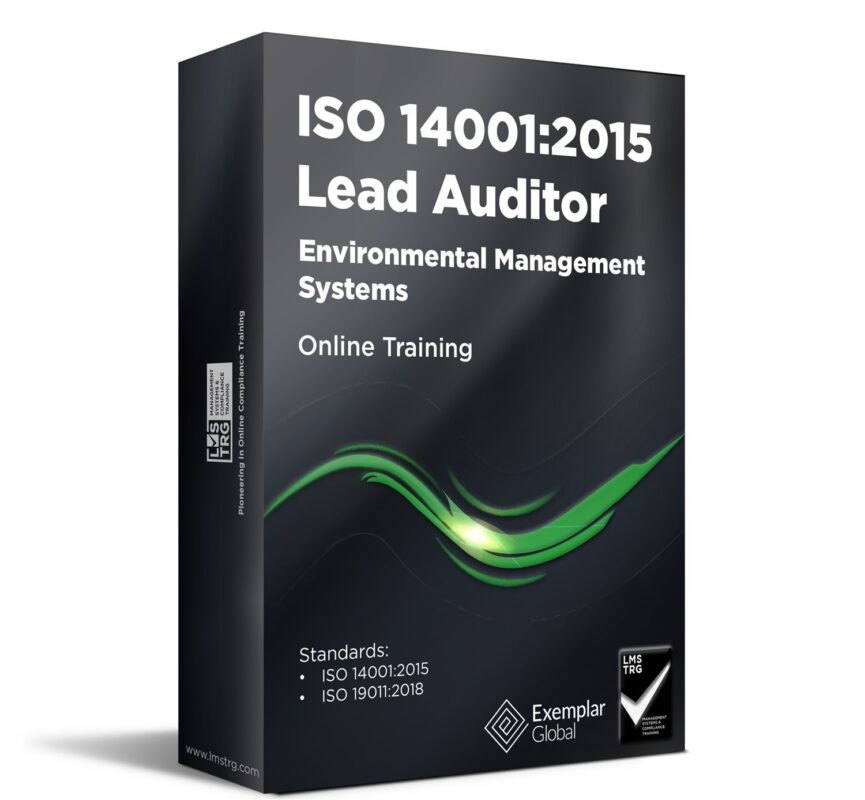In today's rapidly evolving business landscape, environmental sustainability has emerged as a crucial aspect of corporate responsibility and regulatory compliance. Organizations worldwide are increasingly adopting the ISO 14001 standard to ensure effective environmental management systems (EMS). For professionals aiming to specialize in this field, the ISO 14001 Lead Auditor course offers a pathway to becoming an expert in auditing and maintaining these vital systems.
Understanding ISO 14001 Environmental Management System
ISO 14001 is an internationally recognized standard for Environmental Management Systems (EMS). It provides a framework that organizations can follow to set up, implement, and continuously improve their environmental performance. The standard emphasizes:
- Reducing waste
- Improving resource efficiency
- Mitigating the impact of environmental activities
Adopting ISO 14001 not only helps organizations comply with legal requirements but also enhances their reputation and operational efficiency.
The Role of a Lead Auditor
A Lead Auditor in the context of ISO 14001 is a professional equipped with the skills and knowledge to conduct EMS audits. These audits assess whether an organization's environmental management practices align with the ISO 14001 standard. The responsibilities of a Lead Auditor include:
- Planning and conducting audits
- Evaluating the effectiveness of the EMS
- Identifying areas for improvement
- Reporting audit findings to management
The ISO 14001 Lead Auditor Course: An Overview
The ISO 14001 Lead Auditor course is designed to train individuals in the principles and practices of auditing environmental management systems. The course typically covers:
1. Introduction to ISO 14001
Understanding the requirements and structure of the ISO 14001 standard is the first step. This includes familiarizing oneself with the clauses of the standard and how they apply to real-world scenarios.
2. Auditing Principles and Techniques
Participants learn about the methodologies and techniques used in auditing. This includes understanding the audit lifecycle, from planning and conducting audits to reporting findings and follow-up actions.
3. Audit Planning and Preparation
Effective audit planning is critical to a successful audit. The course teaches participants how to prepare audit plans, develop checklists, and gather the necessary documentation.
4. Conducting the Audit
During this phase, participants learn how to perform on-site audits, including conducting interviews, reviewing documentation, and observing processes.
5. Reporting and Follow-up
The final step in the auditing process involves reporting the findings to the organization’s management and ensuring that corrective actions are implemented. Participants are trained in writing clear, concise audit reports and conducting follow-up audits to verify improvements.
Benefits of the ISO 14001 Lead Auditor Course
Professional Growth
Completing the ISO 14001 Lead Auditor course enhances your career prospects by equipping you with specialized skills that are highly valued in the industry. Certified Lead Auditors are in demand across various sectors, including manufacturing, energy, and services.
Improved Environmental Performance
By becoming a Lead Auditor, you contribute directly to improving an organization's environmental performance. Your expertise helps companies reduce their environmental footprint and promote sustainable practices.
Compliance and Risk Management
Organizations benefit from having trained Lead Auditors who ensure compliance with environmental regulations and standards. This reduces the risk of non-compliance penalties and enhances the organization’s reputation.
Networking Opportunities
The course often provides opportunities to network with other professionals in the field, fostering valuable connections and exchange of best practices.
Choosing the Right Course
When selecting an ISO 14001 Lead Auditor course, consider the following factors:
- Accreditation: Ensure the course is accredited by a recognized body, such as ISPA (International Standards Professional Association).
- Experienced Trainers: Look for courses conducted by trainers with extensive experience in ISO 14001 audits.
- Practical Experience: The course should offer practical auditing experience through case studies and role-playing exercises.
- Flexibility: Choose a course that fits your schedule, whether it's online, in-person, or a hybrid model.





